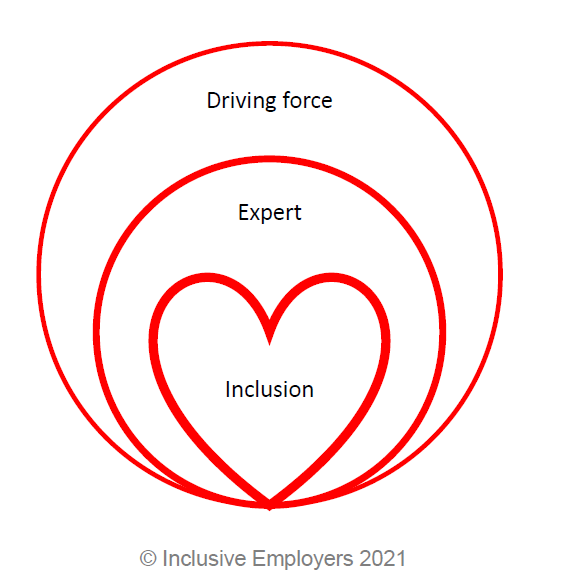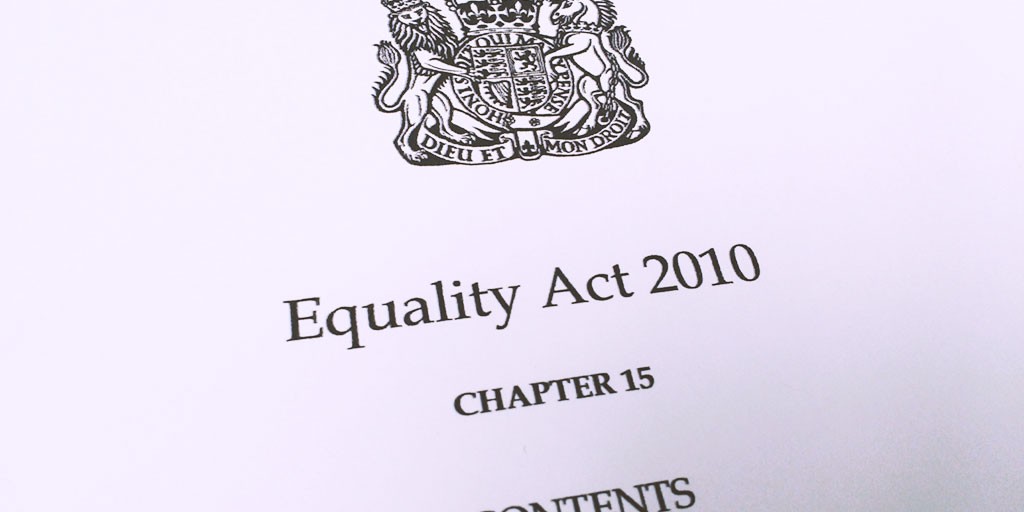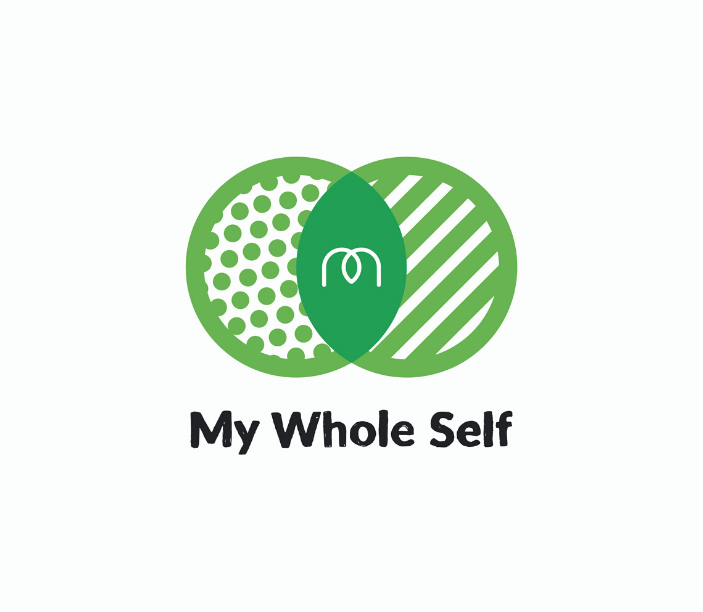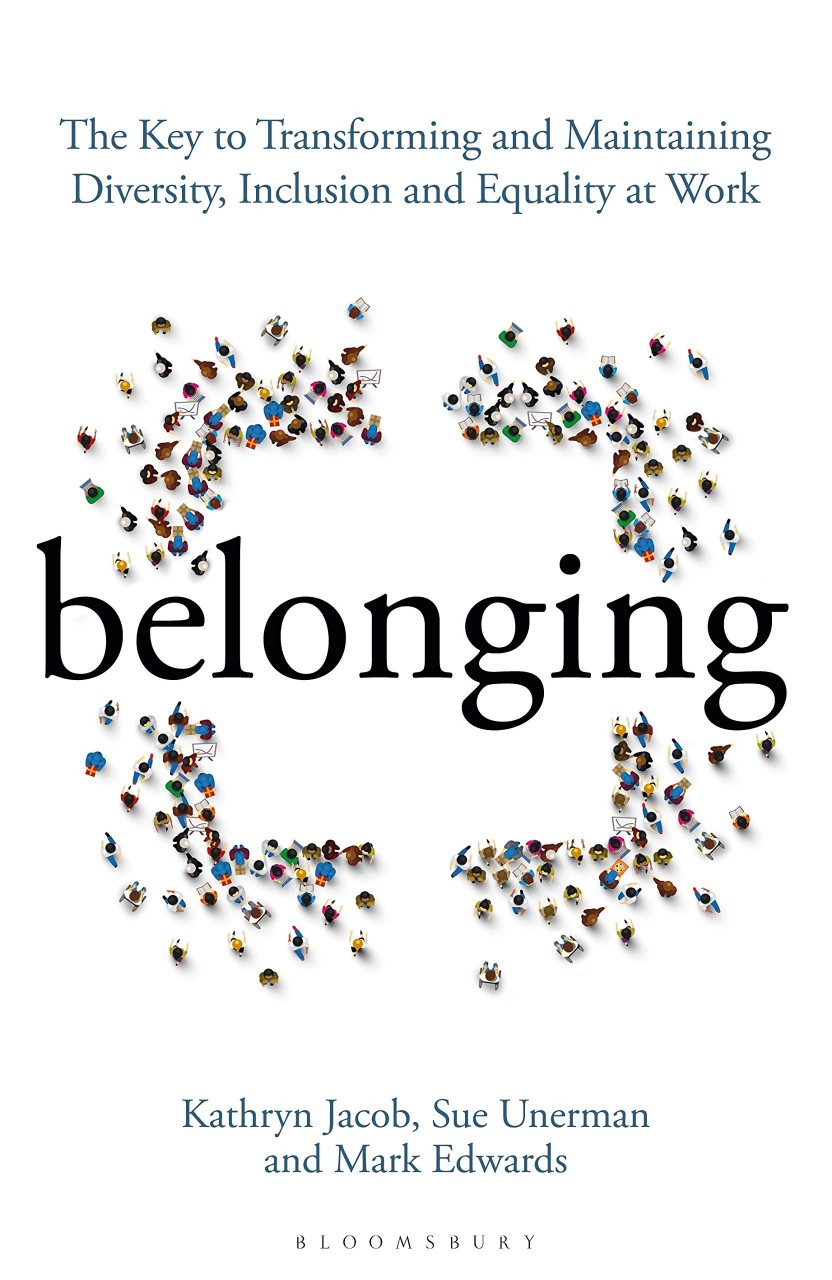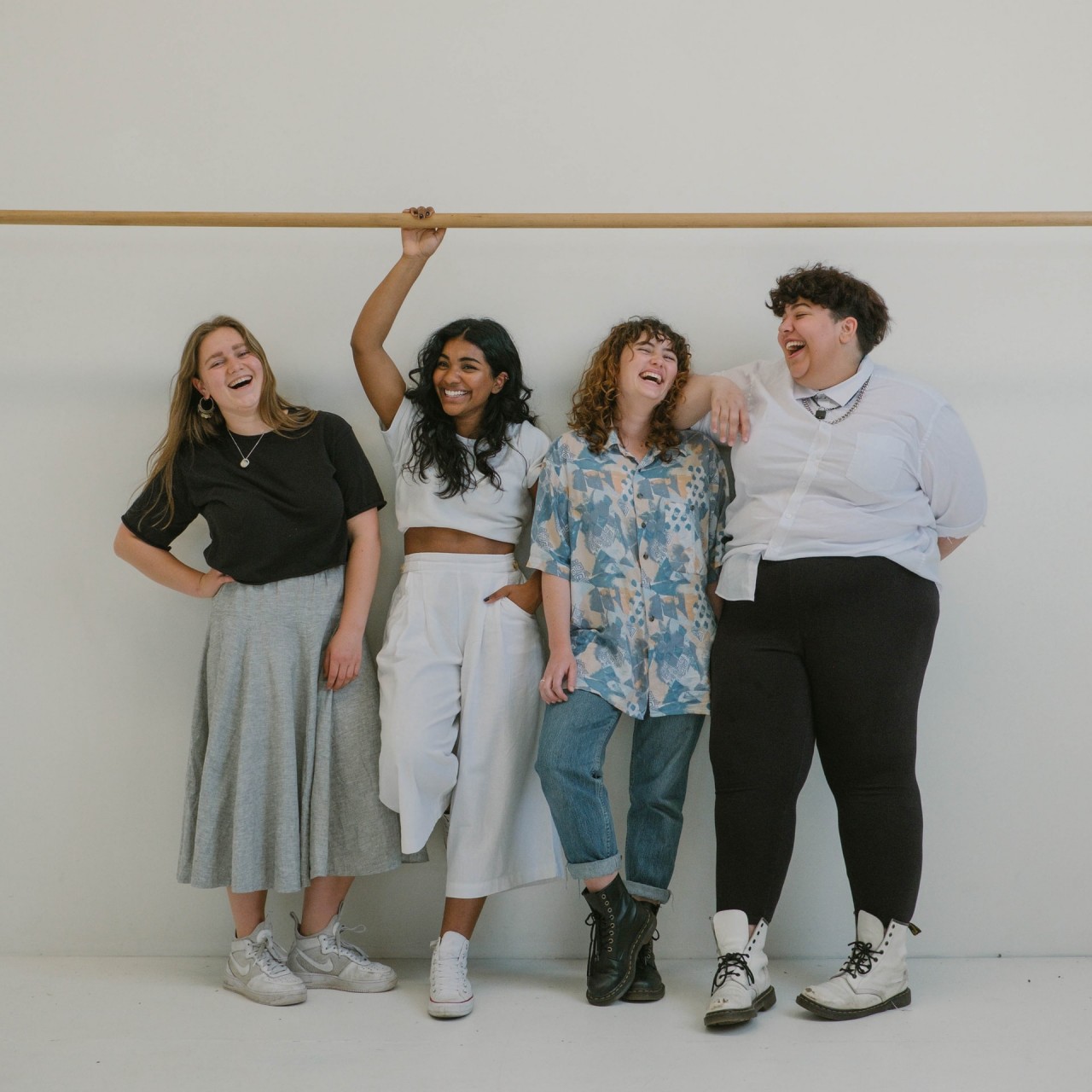Inclusion Week 2021
In inclusive workplaces all employees are valued and contribute towards the success of their organisation.
In 2021, Inclusive Employers have chosen the theme #UnitedForInclusion.
They are using this year's Inclusion Week to create a platform for sharing best practice, for learning, for the sharing of challenges and solutions.
By participating in Inclusion Week, you are joining them in the commitment to be #UnitedForInclusion
Established in 2011, Inclusive Employers are experts on workplace inclusion.
They are the first and leading membership organisation for employers who are committed to prioritising inclusion and creating truly inclusive workplaces.
What is Inclusion ?
Inclusive Employers say it is a broad subject.
People have different understandings of what the word means. Many use the word inclusion as an interchangeable one with diversity, or even equality.
Inclusion is an overarching culture that encompasses diversity and equality and many other aspects of our working lives.
Equality is about the fair treatment of everyone and often linked to the legislative framework in the UK, (Equality Act 2010).
Diversity is the mix of people.
Inclusion is the culture in which the mix of people can come to work, feel comfortable and confident to be themselves, work in a way that suits them and delivers your business needs.
Inclusion will ensure that everyone feels valued and importantly, adds value.
A workplace should be where everyone feels that they belong. The feeling of belonging is better for the mental health of the people who work there.
If you feel excluded at your workplace, motivation and performance drop. Can you recall a sense of exclusion: moments when you felt left out ?
Feeling you are not welcome or appreciated can lower how we feel about ourselves. Our self esteem crashes and we now may see the future more bleakly.
Inclusion is the reverse: making people feel welcome and warm.
Mental Health First Aid (MHFA) England has launched the My Whole Self toolkit. My Whole Self is calling on organisations to empower people to bring their 'whole self' to work because it's better for mental wellbeing and better for business.
Simon Blake, Chief Executive, Mental Health First Aid (MHFA) England, said:
"In 2020, it isn't possible – or desirable – to try to fit ourselves into a one-size-fits-all work-shaped suit, or be expected to leave part of ourselves at the door when we get to work.
"Empowering people to be their authentic self isn't just the right thing to do, it also makes good business sense. Being our whole self at work enables improved performance, boosting creativity and innovation. It builds psychological safety, deeper connections – and research shows these are a key ingredient in every successful team."
Kathryn Jacob in her book "Belonging" commissioned Dynata to conduct new research in belonging in the UK workplace. (Feb 2020)
Photo by Gemma Chua-Tran on Unsplash
One in three people in the UK don't feel as though they belong at their workplace.
One in five people in the UK have felt excluded or marginalised at work because of their beliefs, personal circumstances or identity,
.... this rises to 43 per cent of 18-24-year-olds,
One in three people feel that they can't bring their whole self to work and that they cannot be truly open about themselves.
This rises to :
43 per cent of 18-24 year olds,
40 per cent BAME,
48 per cent of LGBTQ+
50 per cent of women expecting their first child.
51 per cent of people with a mental health diagnosis
57 per cent disabled,
60 per cent neurodiverse,
Photo by Divya Agrawal on Unsplash
LGBTIQ+ people are between 2–3 times more likely than heterosexual people to report having a mental health problem in England [Journal of General Internal Medicine (2015), Sexual Minorities in England Have Poorer Health and Worse Health Care Experiences: A National Survey. ]
23% of Black or Black British people will experience a common mental health problem in any given week compares to 17% of White British people [McManus S, Bebbington P, Jenkins R, Brugha T. (eds.) (2016). Mental health and wellbeing in England: Adult psychiatric morbidity survey 2014.].
26% of young women aged between 16–24 years old report having a common mental health problem in any given week, compared to 17% of adults. And this number has been going up [McManus S, Bebbington P, Jenkins R, Brugha T. (eds.) (2016). Mental health and wellbeing in England: Adult psychiatric morbidity survey 2014.]
Comments
By accepting you will be accessing a service provided by a third-party external to https://www.flashinglightbulb.co.uk/


